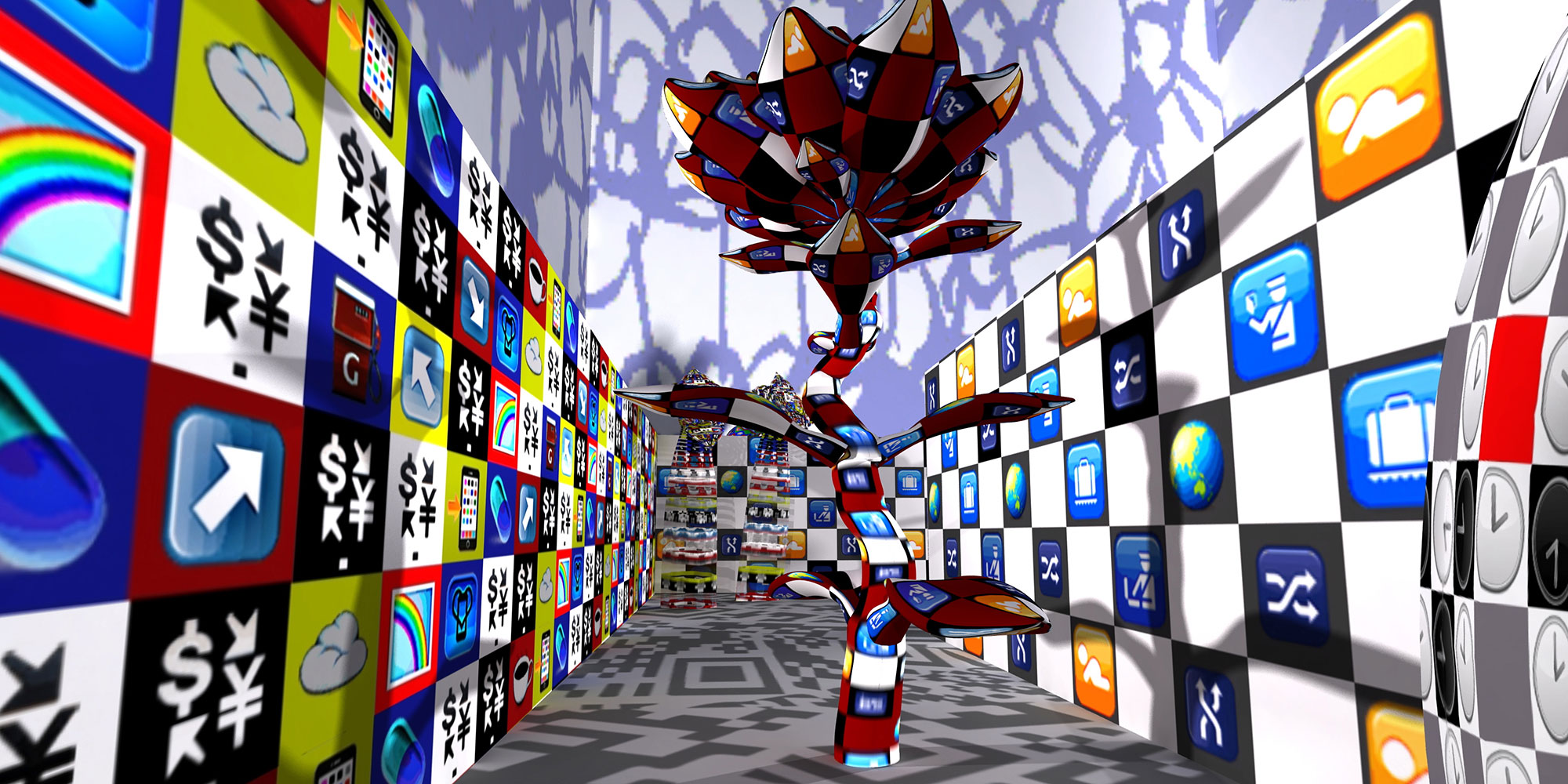An Introduction to ODOT, its current state, and future
In this workshop, we will provide a brief, practical introduction to odot, a dynamic, multi-paradigm programming environment that operates on Open Sound Control. Developed at CNMAT beginning in 2007, odot has evolved into a powerful and robust suite of tools useful in a variety of contexts, from gesture signal processing to computer-aided composition. During this workshop, we will discuss the current state of the package and the future of the project.
The workshop is held via Zoom. Password-protected links for participation in the workshop will be sent to all participants by e-mail at least 2 days before the workshop.
Registration required: arselectronica.kupfticket.at/events/ars-electronica-aixmusic-online-workshop/
Biographies
John MacCallum (US) is a composer, media artist, and performer based in Berlin. His current work takes the temporality and materiality of the heart as a starting point to dissect the ways in which we relate to temporal processes in music and movement. He composes, performs, writes, and teaches workshops in collaboration with choreographer Teoma Naccarato. He also designs software for media / arts programming, including odot, a dynamic programming environment that operates on Open Sound Control data.
Jeffrey Lubow (US) is an interdisciplinary researcher and artist concerned with the space between the body and technology. His influences stem from a 20 year history with computer music and media practice, alongside various collaborations and residencies. He has collaborated with Adrian Freed, Tarek Atoui, Laetitia Sonami, Greg Niemeyer, Edmund Campion, Pauline Oliveros, William Winant, and Meyer Sound. He has premiered work at the Bergen Assembly, EMPAC, ZKM Berlin, Beirut Art Center, BAMPFA Matrix, SPARK festival. In 2008 Jeffrey commenced a research position at CNMAT, UC Berkeley, focusing on music technology and media programming. He currently occupies the role of Music Systems Designer at CNMAT, which includes development of the ODOT programming environment.
MORE DETAILS on ODOT project and software:
ODOT provides a container, the “ODOT bundle”, an extension of Open Sound Control (OSC), for naming, aggregating, and structuring data. In the Max programming environment, this is supported by a number of externals and patches for creating, manipulating, and displaying these structures. Leveraging this toolkit, we will explore the design of complex, real-world patches, with an emphasis on real-time processing.
In addition to the suite of externals, ODOT provides an expression language which supports a wide variety of programming paradigms, including functional, declarative, imperative, dynamic, delegation-based, dynamic class-based, and aspect-oriented. The class will also prepare students in continuing studies outside of the course, using the upcoming CNMAT Music and Computing Max package. This package contains further training in ODOT, alongside a wealth of useful Max and Gen~ tools, best practices, and workspace applications.
ODOT was developed by John MacCallum, Adrian Freed, Ilya Rostovtsev and Rama Gottfried at CNMAT Prerequisite knowledge: Basic Max/MSP. Other programming knowledge may help, including experience with LISP, although not necessary.


